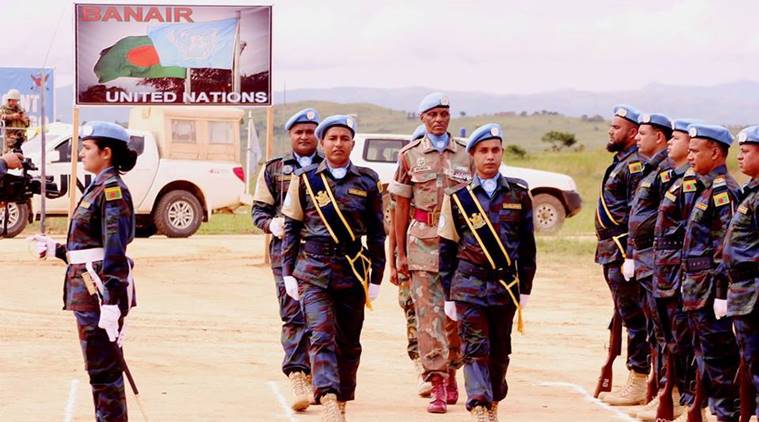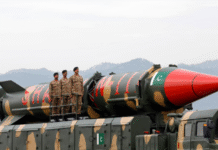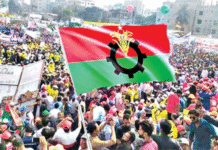How Bengali became an official language in Sierra Leone
The contribution made by the Bangladeshi peacekeeping force was hugely appreciated by the Sierra Leone government.

Bangladesh UN peachkeeping force (Wikimedia Commons) On February 21, 1952 four young boys in Dhaka were gunned down by the Pakistani forces. Their crime was holding demonstrations for the sake of their language — Bangla. So significant was this incident that this day went on to be commemorated by the UN as ‘International Mother Language Day,’ recognising the love and respect for one’s linguistic identity. Exactly half a century later, Bangla came to be celebrated once again. This time though, it was in a region much further away from the country of its birth. In 2002, Bangla was announced as one of the official languages in the Republic of Sierra Leone, a country in West Africa.
Sierra Leone, a country far away from Bangladesh, both geographically and culturally has had a special relation with the latter. Between 1991 and 2002, the West African country was involved in a long spate of internal civil war. During this period, the United Nations had to deploy a large force in Sierra Leone for the sake of maintaining peace. Bangladeshi peacekeepers formed the largest part of the UN force in the Republic and their contributions in battling out rebel forces was of great significance to the relation that went on to be celebrated between the two countries. In fact, the Bangladeshi contingents were pioneers in taking control of rebel-occupied territories.
The contribution made by the Bangladeshi peacekeeping force was hugely appreciated by the Sierra Leone government. Soon after peace was restored in 2002, the country’s president Ahmad Tejan Kabbah announced that Bengali would henceforth be considered an official language of the Republic in recognition of the work done by Bangladeshi troops in restoring peace to the region. As we celebrate International Mother Language Day, we might reflect upon the example set by Sierra Leone to understand that celebration of languages from different countries go a long way in building a strong bond among global powers.
Source: Indian Express









